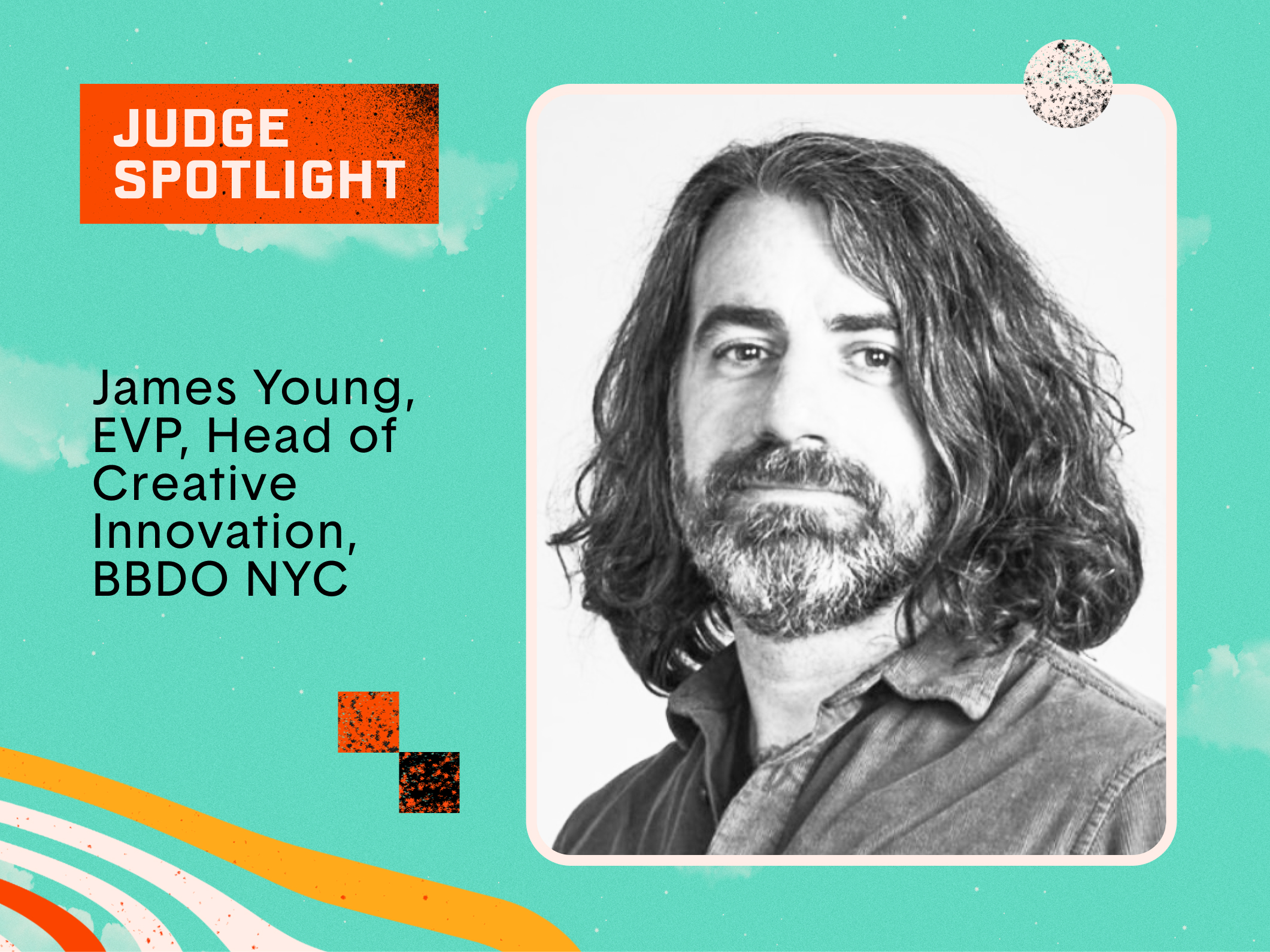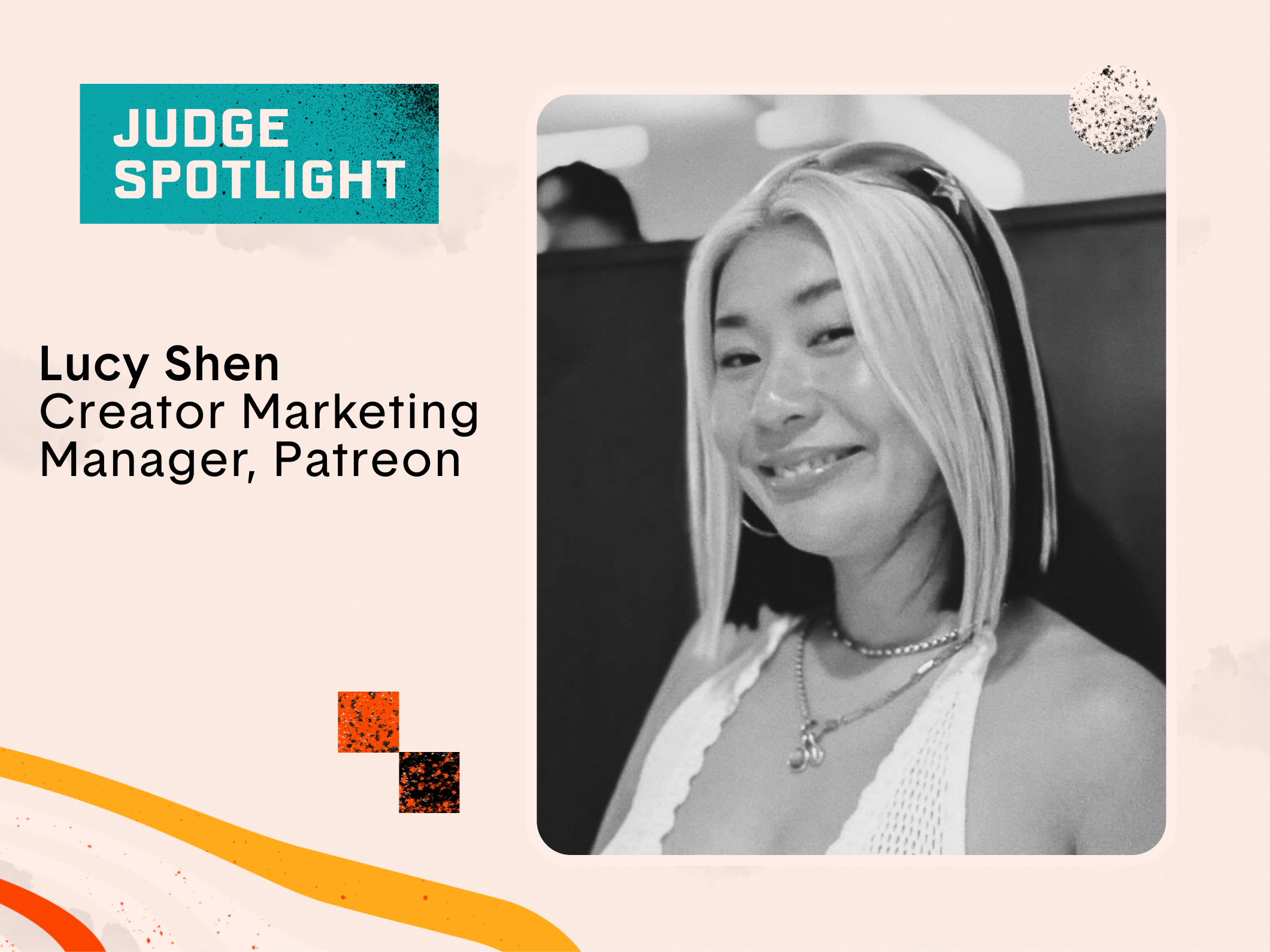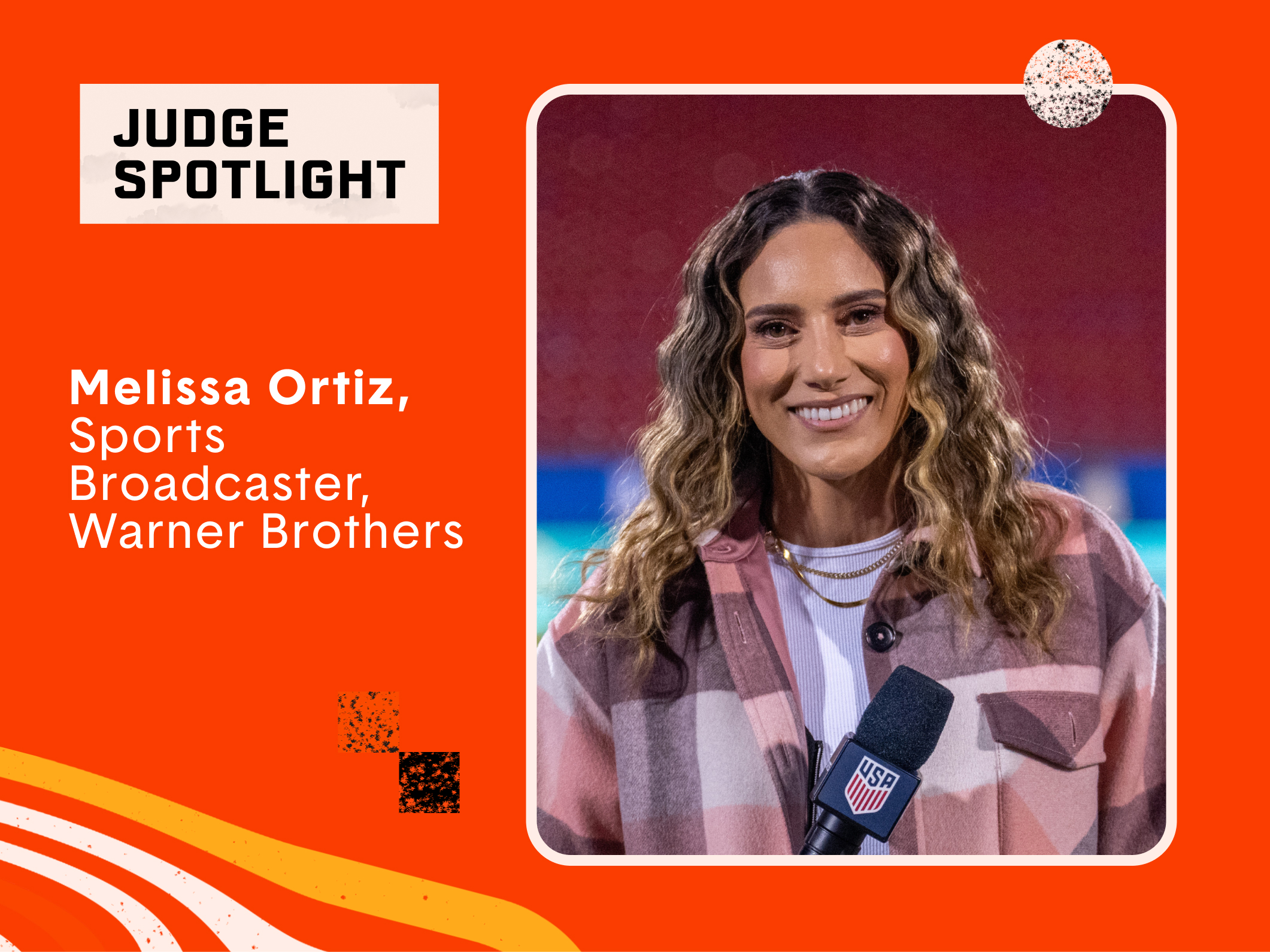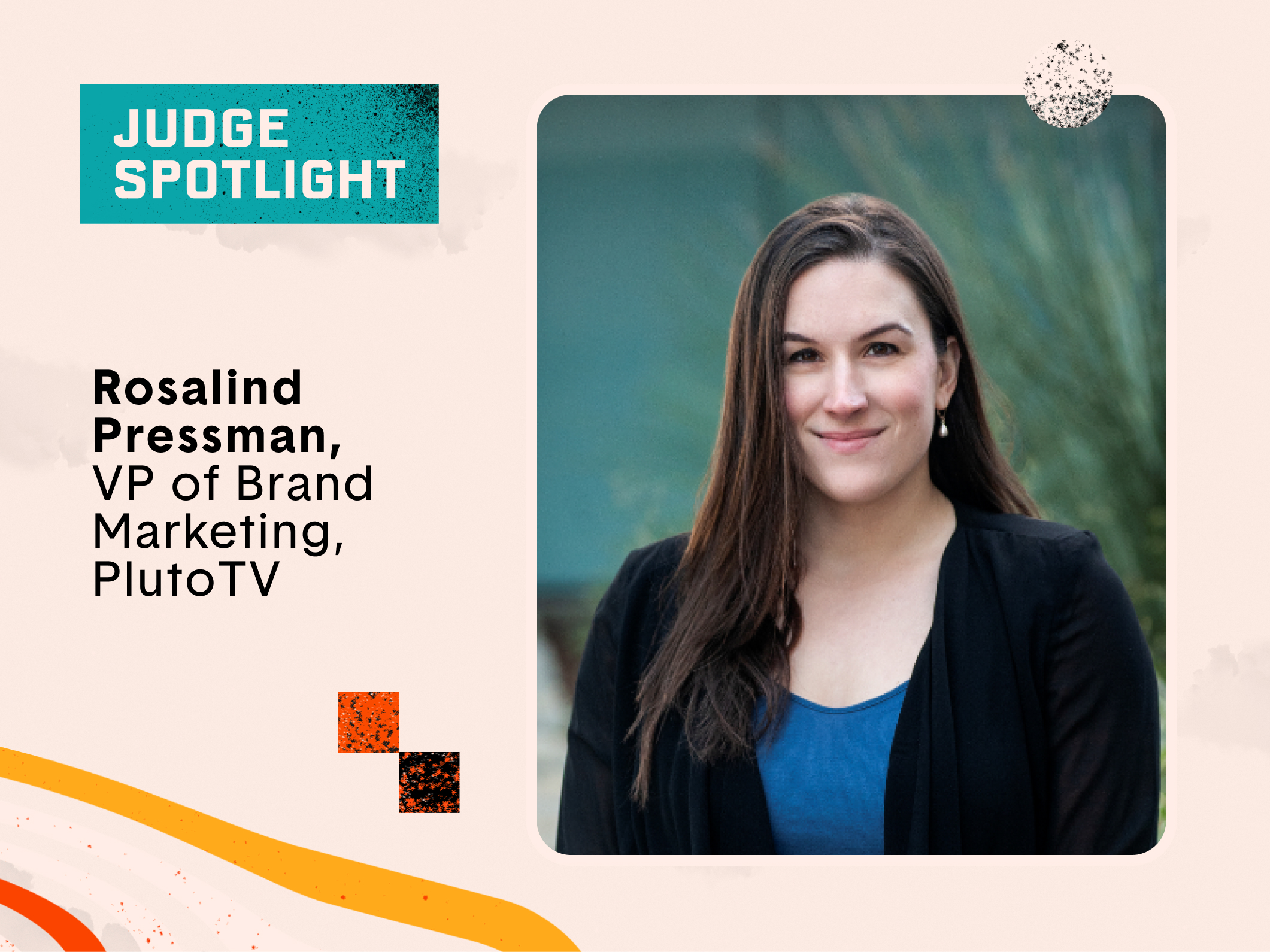We’re so excited to introduce you to Telly Awards Judge Felicia Pride, a writer and director who has written on Ava DuVernay’s “Queen Sugar” and is currently a producer on “Grey’s Anatomy.” She made her directorial debut with “tender,” a short film she also wrote, which won a Lionsgate award at the BlackStar Film Festival and aired on STARZ. She also founded and runs HONEY CHILE, a production company catering to Black women 40+ and is the co-host of their podcast “Chile,Please.”
We sat down with Felicia to discuss her unique path through the industry, the best and worst pieces of advice she’s received, and her mission to tell authentic and varied Black stories. Read it below!
What was your first job in the industry? What did it teach you?
I was an assistant editor at a magazine almost twenty years ago. I loved the process of creating, putting something together that went out into the world and working with great, creative minds to do it.
What are the best and worst pieces of professional advice you’ve received?
Overall the worst advice I receive always has to do with playing small and accepting the status quo, when the status quo only serves a select few. Best pieces always have to do with creating on your own terms, getting better at your craft and managing your own ego and your realm of control.
What does a typical work day look like for you?
I typically start my day writing. I like to organize my days based on capacity and writing always takes the most capacity. Then I move into less capacity-requiring activities like development for a project, working on a pitch, taking meetings, and building activities for my production company HONEY CHILE.
What project are you most proud to have worked on?
I’d say tender, it’s the first thing that I ever directed. And I had the pleasure to work with amazing artists from cast to crew to producers. There was so much ease with the project. Not easy, but ease. It felt good. And the reception to it really reminded me about the importance of artists to step past fear and stand strong in their POV and voice.
What’s the best part of your job? What’s the most challenging?
Best part of my job is telling stories that center Black people and sharing those stories with the community. The most challenging is the business of Hollywood (which doesn’t favor creators, especially those of us who are marginalized), funding, and the horrifying amount of toxicity, toxic people, and disrespect that’s allowed to go unchecked.
What makes you excited for the future of your industry?
I’m excited about creators making on their own terms and continuing to have direct relationships with the audience and communities that they serve.





